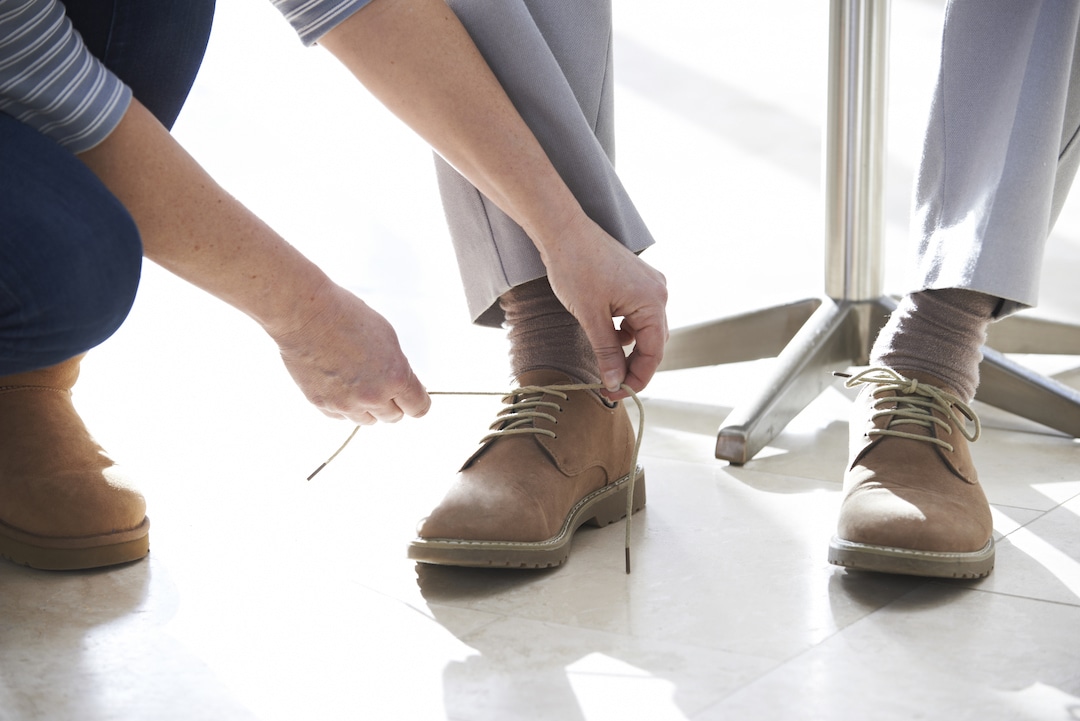When you’ve been caring for a loved one for some time, you will hopefully reach a stage where you feel you’ve got the situation under control. You will have learned more about the disease and the impact it has on the person. You may have adjusted your behaviour to create the best possible relationship with the person, as well as learning how to meet their current care needs. It took time, but I remember eventually feeling that I had developed a reasonably good understanding of how dementia was affecting my mum.
Most importantly, I’d put the appropriate plans in place to ensure she was receiving the support she needed. I had arranged for her to have Meals On Wheels (through her local authority), which meant she had a hot meal every day and was no longer living solely on chocolate and biscuits. Her health improved significantly which meant fewer visits to her GP and less chance of hospital admissions that might have been avoided. I’d also arranged for her to have a cleaner through Age UK, who came in twice a week, as well as a handyman who was happy to do gardening and basic DIY. Everything seemed to be under control. Then one day, I realised that things were changing. Her personal hygiene had deteriorated – she began wearing the same clothes and they were often stained. I realised she was probably sleeping in her clothes. She lost the ability cope with a morning routine that most of us take for granted. She no longer knew what to do when she woke up or how to dress. She answered the door in her underwear and didn’t see that this wasn’t normal.
Things had clearly moved up a gear. What had started as mum just needing help and support with meals, housework and gardening had progressed to a new need for personal care. I knew I had to do something quickly. The hardest part was persuading her she needed help. I didn’t want to upset her and point out that her hygiene was lacking, so I let it go at first. After a while, I decided I had no choice but to hire a home care agency to assist with her morning routine. I told mum that a carer would be coming in to make her a cup of tea in the morning. I didn’t mention that the carer would ultimately be helping her with personal hygiene, and to be honest, it was a struggle at first. On many days, she refused help with washing and dressing. In time, as the carer began to build rapport with mum, she became more agreeable to receiving help. I asked the carer to lay out several outfits that mum could choose from so that she wasn’t being told what to wear. She didn’t fully accept help as often as she needed it but the carer ensured that mum was appropriately dressed. It wasn’t a perfect situation, but things were better. Mum grew to depend on those morning visits and eventually accepted them.
The best way to make sure your loved one continues to receive care when their needs increase is to monitor for signs of change. For instance, I noticed my mum was struggling to get fiddly clothing like cardigans with buttons on and off. I found a fleece top she had cut with scissors, presumably in order to remove it. I got rid of jeans with awkward zips or buttons and replaced them with elasticated trousers or tops that didn’t need to be pulled overhead. Choosing her clothing wisely really helped.
Keep looking for signs of changes in the person’s condition. Ask friends, family and anyone else visiting the person when you’re not there to check for signs that they may be struggling to cope. Accept that sometimes you will have to make difficult decisions that may make you unpopular for a time. As needs increase, the person may be reluctant to accept that things are changing. Reassure them you’ll always be there for them. Implement any changes gradually, but do what needs to be done.

What do you when everything you try doesn’t work and you have asked for help ,but you feel as if your banging your head against a brick wall !